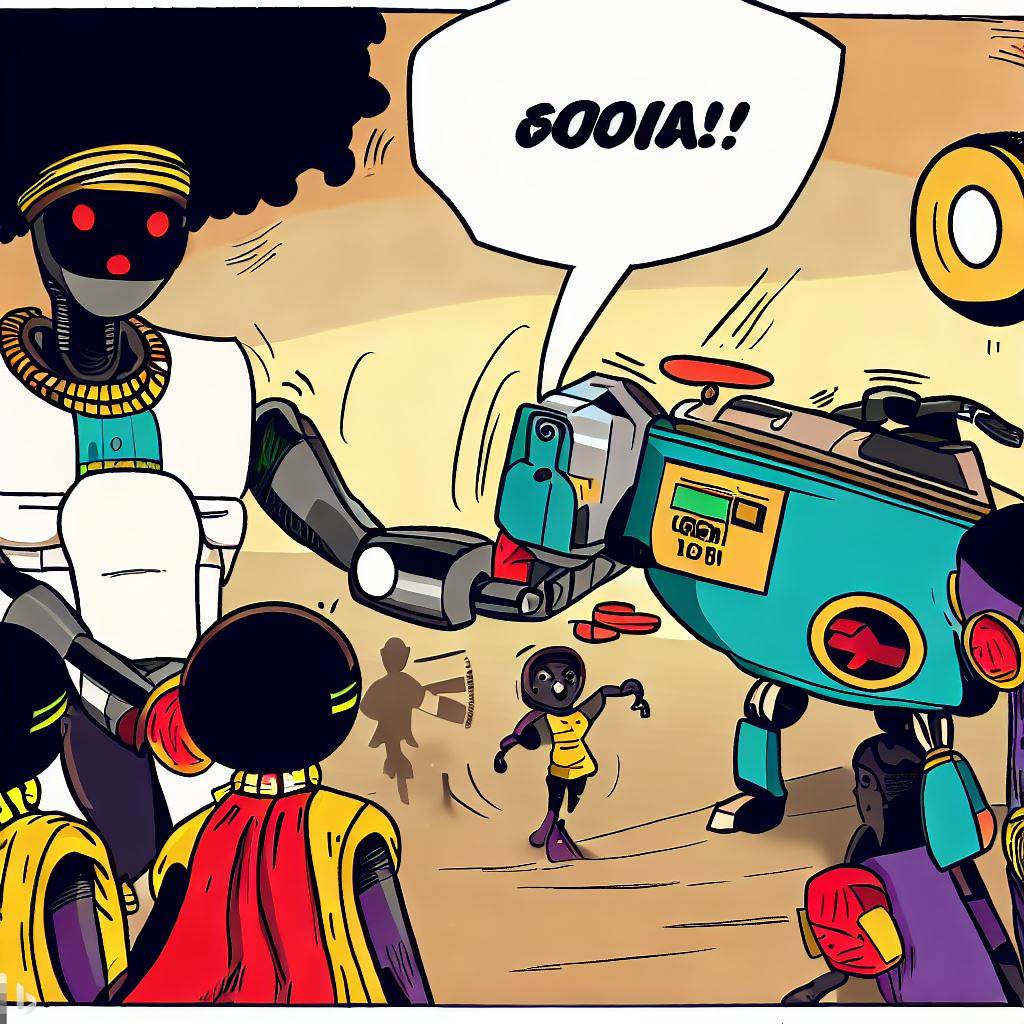Africa is a continent that faces many challenges in the field of medicine, such as lack of infrastructure, resources, personnel, and access to quality health care. However, Africa is also a continent that has great potential and opportunities for innovation and development. Modern technologies, such as artificial intelligence (AI), mobile devices, blockchain, and biotechnology, can help improve medicine in Africa in various ways, such as:
- Enhancing diagnosis and treatment. AI can help analyze medical data and images, such as X-rays, CT scans, or blood tests, and provide accurate and timely diagnosis and recommendations for treatment. Mobile devices can enable remote consultation and telemedicine, allowing patients to receive medical advice and care from doctors anywhere in the world. Blockchain can help secure and verify medical records and transactions, ensuring data privacy and integrity. Biotechnology can help develop new drugs and vaccines, as well as gene therapies and editing, to combat diseases and genetic disorders.

- Improving health education and awareness. AI can help create personalized and adaptive learning platforms and content for health education and training, such as online courses, simulations, or games. Mobile devices can help disseminate health information and awareness campaigns, such as SMS messages, apps, or podcasts. Blockchain can help create incentives and rewards for health behavior change, such as tokens or badges. Biotechnology can help create biosensors and wearable devices that can monitor and track health indicators, such as blood pressure, glucose level, or heart rate.
- Empowering local communities and stakeholders. AI can help empower local health workers and community leaders by providing them with tools and support for decision making and problem solving. Mobile devices can help connect local communities and stakeholders with each other and with global networks, fostering collaboration and knowledge sharing. Blockchain can help decentralize and democratize health systems and services, giving more control and ownership to the people. Biotechnology can help harness the rich biodiversity and traditional knowledge of Africa for medical innovation and discovery.
Important facts about Africa’s economy
- Africa is the second-largest and second-most populous continent in the world, with 54 countries and 1.3 billion people. It covers about 20% of the world’s land area and has a total GDP of about $2.6 trillion.
- Africa is the world’s fastest-growing region, with an average annual GDP growth rate of 4.6% from 2000 to 2019, compared to the global average of 3.8%. However, this growth has been uneven and unequal, with some countries experiencing rapid development and others facing stagnation or decline.
- Africa is rich in natural resources, such as oil, gas, minerals, metals, and agricultural products. It accounts for about 10% of the world’s oil production, 9% of the world’s natural gas production, and 30% of the world’s mineral reserves. However, many African countries suffer from the “resource curse”, which means that their dependence on natural resources leads to corruption, conflict, and poor governance.
- Africa is undergoing a digital transformation, with increasing access to internet, mobile phones, and digital services. According to the World Bank, the number of internet users in Africa increased from 16 million in 2005 to 522 million in 2019, while the number of mobile phone subscribers increased from 87 million in 2005 to 1.1 billion in 2019. Digital technologies can help improve education, health, finance, agriculture, and governance in Africa.
- Africa is facing multiple challenges, such as poverty, inequality, unemployment, conflict, climate change, and health crises. According to the World Bank, about 416 million people in Africa live in extreme poverty (less than $1.90 a day), while about 250 million people are undernourished. Africa also suffers from high levels of violence and instability, with more than half of the world’s conflicts occurring in the continent. Moreover, Africa is vulnerable to the impacts of climate change, such as droughts, floods, and desertification. Additionally, Africa is dealing with the COVID-19 pandemic, which has affected its health systems and economies.

In conclusion, modern technologies can improve medicine in Africa by enhancing diagnosis and treatment, improving health education and awareness, and empowering local communities and stakeholders. These technologies can help address the challenges and gaps in the current health system, as well as unlock the potential and opportunities for the future of medicine in Africa.